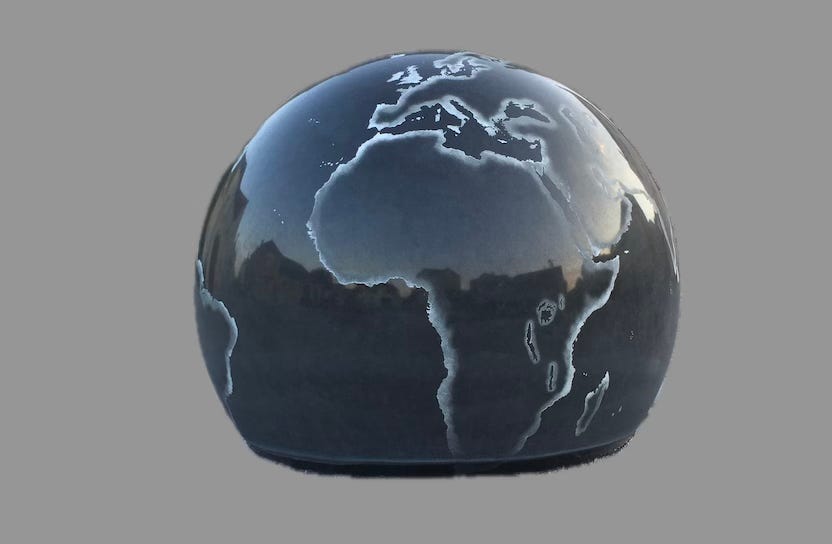Africa: The winners of the military conflict between Israel and Iran
A new paradox prevails in Africa: Israel's harshest critics on the continent are now benefiting the most from the military conflict with Iran.
By Jeremy Gaines and Christian Hiller von Gaertringen
Israel is quite unpopular in Africa, although Israeli entrepreneurs are very successful in many countries with large agricultural businesses and high-quality technical products, not to mention providing security services and military equipment and intelligence software to various governments.
Israel has had a checkered history on the continent any way, having unofficially had commercial dealings with the apartheid regime of yore in South Africa while at the same time liberal Jews were doing the utmost to support the ANC.
An astonishing support for Iran
Today, for all the links some African governments support Iran in the military conflict and defend the government's attempt to build up the nuclear industry in the Islamic Republic. This, in turn, is astonishing, given that Iran is ruled by Shiites, and in Africa many countries are either Christian or, where they are predominantly Muslim, are characterised by a Sunni Islam, which has many African characteristics. That said, various African governments have maintained military links to Pakistan as well as close diplomatic ties to Teheran. And of late Israeli government action in Gaza has brought many critics to the fore
Since 13 June, Israel had been launching daily airstrikes against Iranian regime leaders and the country's nuclear facilities. Iran has responded with missile attacks on civilian targets, including hospitals, in Israel. On the night of 21 June, the United States intervened in this conflict by launching bunker-busting bombs against the nuclear site in Fordow dug deep into the earth and deployed rockets to attack the facilities in Natanz and Isfahan.
This new escalation in the Middle East provoked reactions across Africa’s presidential palaces:
South Africa stated the Israeli air strikes as a violation of international law.
Mauritania characterised the air offensive as an “attack on Iranian sovereignty and a violation of the UN Charter”.
In Egypt, Foreign Minister Badr Abdel Aty, warned that the ongoing military confrontation posed a threat to regional stability.
Sudan called the air strikes “unjust aggression”. Local media expressed concern that the conflict could draw the war-torn country into broader regional tensions, especially given alleged ties between Iran and factions within the Sudanese military.
Kenya and Nigeria urged for de-escalation and dialogue.
Benin President Patrice Talon said the worsening situation in the region posed a risk to global security and called for restraint from all sides.
Algeria, Senegal and Guinea-Bissau also voiced concern.
Keep reading with a 7-day free trial
Subscribe to Capital News Africa to keep reading this post and get 7 days of free access to the full post archives.





